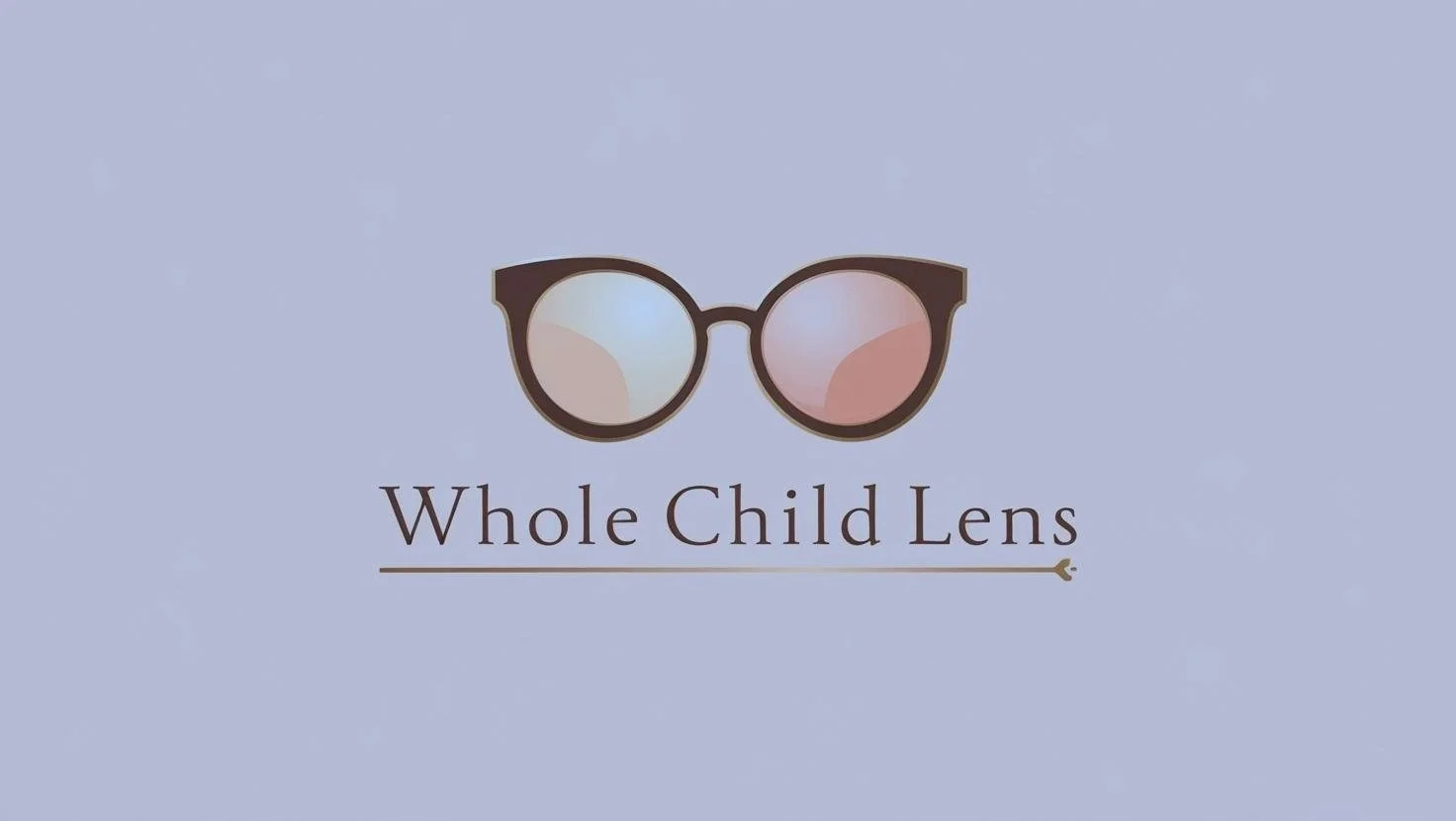Understanding the Whole Child Lens
As parents, teachers, and mentors, we all want the best for our bright children—whether they're excelling academically or showing extraordinary talents in music, art, or other fields. However, it’s easy to focus solely on their achievements. What often gets overlooked, though, is the child behind the accomplishments. This is where the “whole child lens” comes into play, and it’s a perspective that can make a world of difference in how we nurture gifted students.
The whole child lens isn't just about academics or test scores; it's about seeing the complete individual—their emotions, social needs, and their experience in unique developmental tasks. Bright children are complex, and their experiences often go beyond their intellectual abilities. They have feelings, challenges, and growth areas that are just as important to their development as their academic potential.
One of the key models that emphasize this holistic approach is the Peterson Proactive Developmental Attention (PPDA) model. I co-developed it with Dr. Jean Peterson. It highlights how important it is to pay attention not just to a child’s academic performance but also to their emotional and social well-being. After all, a child who struggles emotionally or socially might be hiding internal battles even if they’re acing their schoolwork. Many bright students face unique emotional challenges, like perfectionism, intense sensitivity, and asynchronous development (where their intellectual and emotional growth doesn’t always align). These factors can make navigating the world feel overwhelming, and we need to be aware of that.
The PPDA model breaks down several important aspects of the whole child lens:
1. Beyond Academics: Giftedness isn’t just about performance in the classroom. A gifted child’s life extends beyond the measures of academic success, and so should our attention to their needs.
2. Social and Emotional Development: The model significantly emphasizes social and emotional well-being. It’s not enough to only focus on educational outcomes—we need to ensure the child is thriving emotionally and socially too.
3. Addressing Developmental Tasks: Like all children, bright students go through essential developmental stages—such as forming their identity, building relationships, and gaining independence. However, their heightened sensitivities and intense emotions can make these tasks more complicated. That’s why it’s crucial to consider how their unique traits might affect their growing-up experience.
4. Recognizing Hidden Struggles: Bright children may hide their struggles. A child might seem confident and successful on the outside but be dealing with fear, doubt, or stress on the inside. Adults need to look beyond the surface and recognize when a child might need emotional support.
5. The Asset-Burden Paradox: Giftedness can be both a blessing and a challenge. While it brings many advantages, it can also lead to stress, perfectionism, or feelings of isolation. The whole child lens helps us recognize these dual aspects.
6. Emotional Intensity and Overexcitabilities: Gifted children often experience emotions more intensely. Instead of viewing this as a problem, it’s important to understand that these emotional responses are a natural part of their giftedness.
7. Implications for Education: Teachers and educators who only focus on academics may unintentionally overlook the social and emotional needs of gifted students. The whole child lens urges us to take a more balanced approach—one that incorporates emotional intelligence, social skills, and self-awareness into the curriculum.
By adopting the whole child lens, we can ensure that bright students don’t just excel academically—they also develop into well-rounded, emotionally resilient individuals. When we consider the whole child, we foster their overall growth and make their learning experiences much richer.
So, whether you’re a parent, educator, or counselor, remember that the academic brilliance of a gifted child is only one piece of the puzzle. Their emotional, social, and personal development is just as important—and by nurturing all aspects of their being, we set them up for success in all areas of life.

